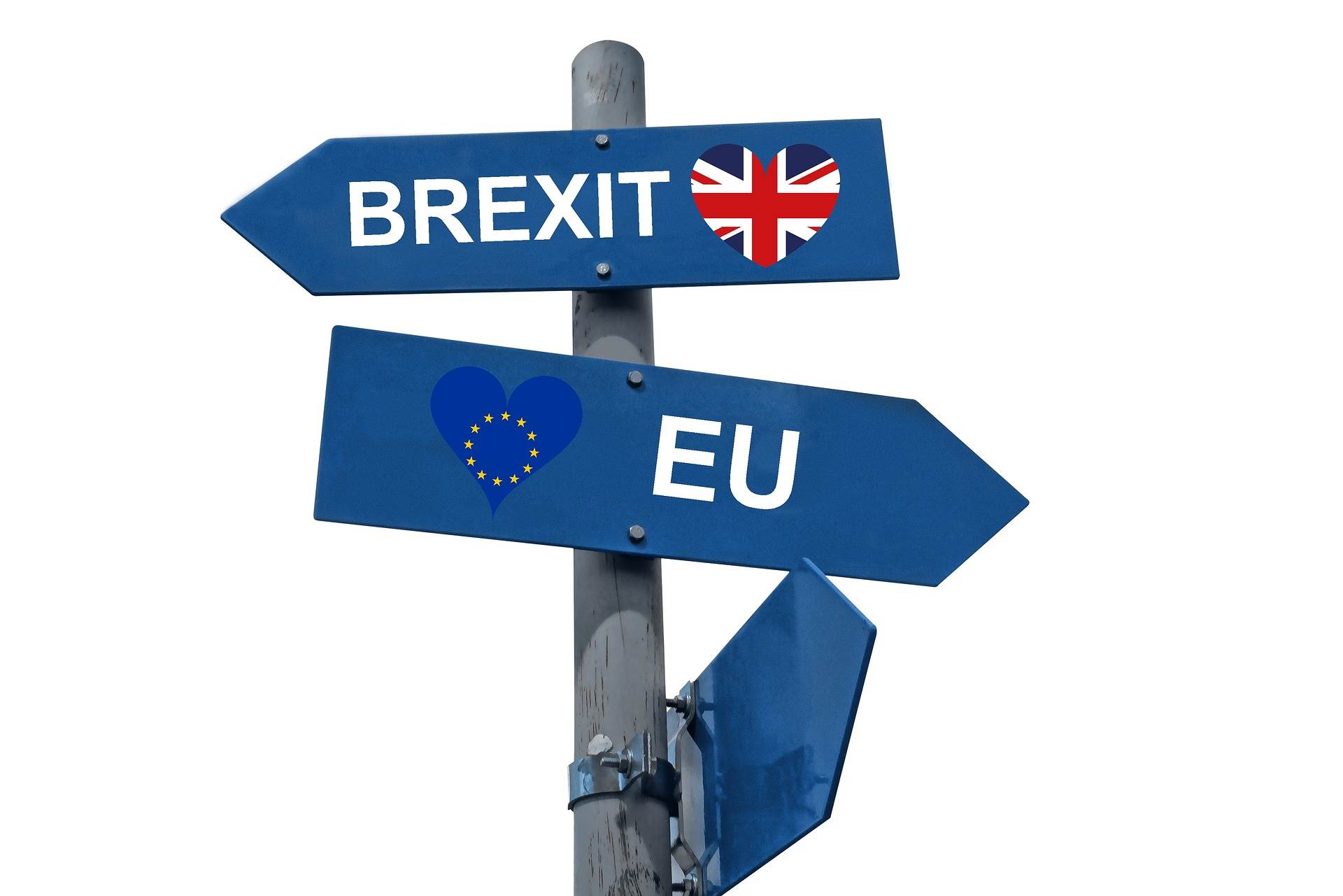 Not a great deal is certain about Brexit, but one thing is currently fixed: unless the UK asks for and is granted an extension to its A50 notice period or unilaterally revokes it, the UK will abruptly cease to be a member of the EU on 1st November 2019. For those in government and in the ERG faction of the Conservative Party that a happy with a “chaotic exit”; “no deal”; “a clean break” or sheer economic and societal recklessness as it should be more properly known, time is on their side.
Not a great deal is certain about Brexit, but one thing is currently fixed: unless the UK asks for and is granted an extension to its A50 notice period or unilaterally revokes it, the UK will abruptly cease to be a member of the EU on 1st November 2019. For those in government and in the ERG faction of the Conservative Party that a happy with a “chaotic exit”; “no deal”; “a clean break” or sheer economic and societal recklessness as it should be more properly known, time is on their side.
On several occasions, MPs have voted against leaving the EU without a deal, forcing Mrs May to seek an extension to the notice period (something she would almost certainly have done anyway). However, with the appointment of Mr Johnson as PM, the dynamic has shifted and it seems that government is “happy” to embrace a chaotic exit (despite all of the pleas from British business, the very people they claim Brexit will benefit in new free trade deals). Whilst Johnson may be widely censured for ignoring the will of parliament, the automatic execution of state means that the UK will leave with no deal when the current extension expires.
Johnson is flirting with the idea of proroguing parliament (ending the current parliamentary session) such that there would be no time for MPs to force through anti “no deal” legislation. The legality of such a move in the current circumstances which would enable a “no deal” Brexit that the House has consistently rejected, is questionable. It would certainly provoke a challenge in the High Court. The shadow attorney general, Shami Chakrabati, claimed that such a move would be “the gravest abuse of power and attack on UK constitutional principle in living memory”
Against this backdrop, the leader of the opposition, Jeremy Corbyn, convened a meeting to which all other leaders of opposition parties and prominent MP campaigners against “no deal” were invited. The meeting was described as “positive and productive” with attendees agreeing that finding legislative mechanisms to stop a “no deal” Brexit would be their immediate focus. No serving members of the Conservative Party attended, but after Corbyn wrote to all 116 Conservatives who had voted against “no deal” urging them to support cross-party legislative moves to prevent Johnson forcing the UK out of the EU without the blessing of parliament.
It was agreed that the time was not ripe to call a vote of no confidence in the Johnson administration, a move christened by some as “the nuclear option” -ironically, Corbyn has favoured unilateral nuclear disarmament throughout his political life!
